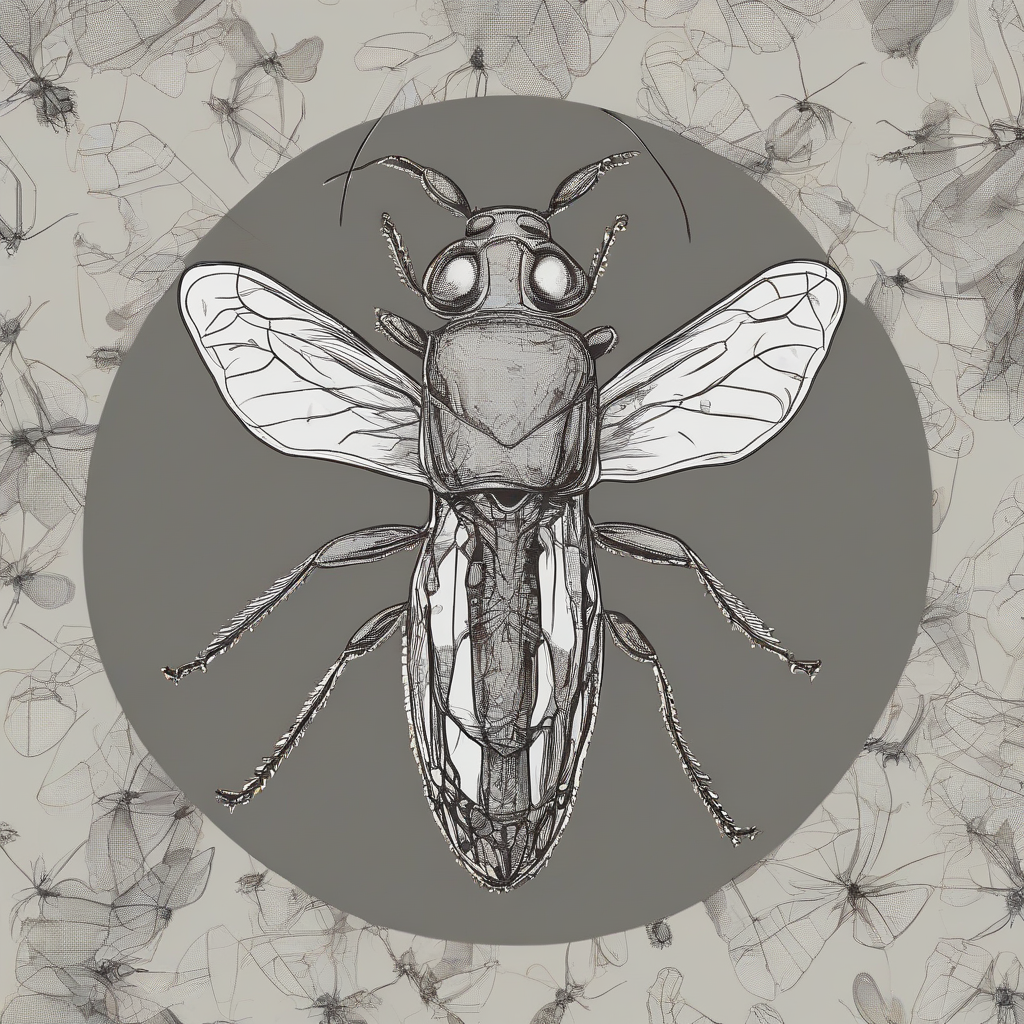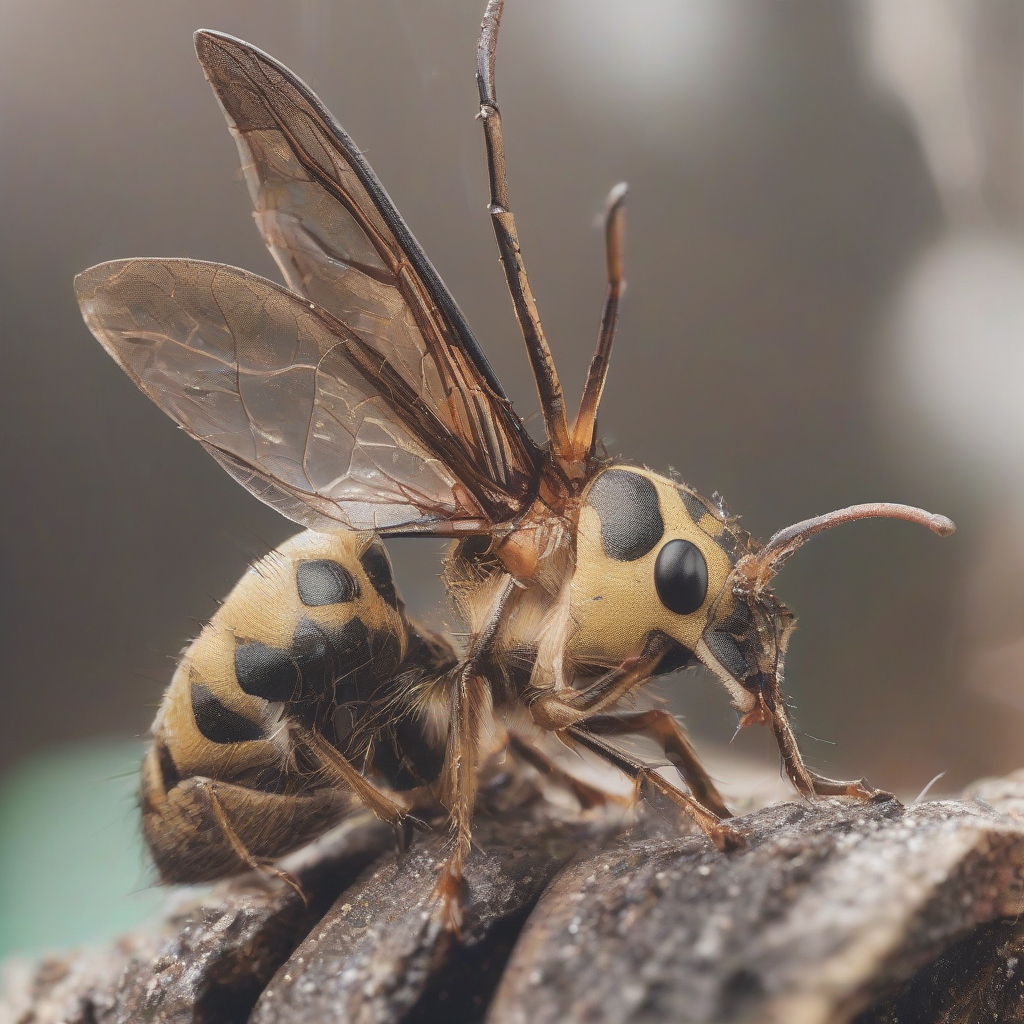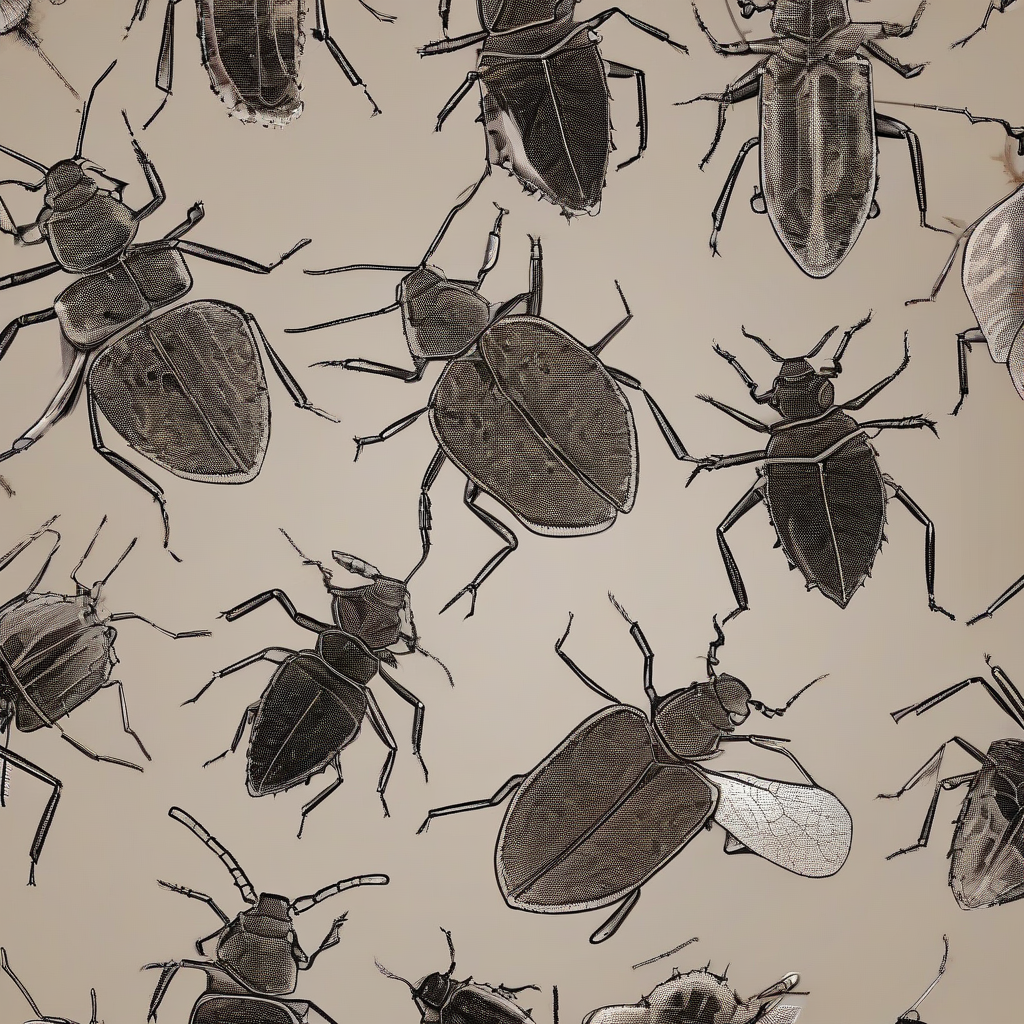Tampa Pest Control: Your Comprehensive Guide to Pest-Free Living
Tampa, Florida, with its warm climate and abundant greenery, presents a welcoming environment for various pests. From common household invaders like ants and cockroaches to more concerning threats such as termites and rodents, pest infestations can disrupt your peace of mind and even compromise your health and property. This comprehensive guide dives deep into the world of Tampa pest control, providing valuable insights into identifying pest problems, employing preventative measures, and choosing the right pest control services for your specific needs.
Understanding Common Tampa Pests
Knowing your enemy is the first step in effective pest control. Tampa’s diverse ecosystem supports a wide array of pests. Let’s explore some of the most prevalent:
- Ants: Several ant species thrive in Tampa’s climate. Carpenter ants, in particular, can cause significant structural damage.
- Cockroaches: These resilient insects are notorious for spreading diseases and contaminating food. German cockroaches are especially common in homes and businesses.
- Rodents (Rats and Mice): Rodents pose a serious health risk through the transmission of diseases and the potential for property damage caused by gnawing.
- Termites: Subtropical Tampa is highly susceptible to termite infestations. These destructive insects can silently weaken your home’s foundation.
- Spiders: While many spiders are harmless, some species like black widows and brown recluses can deliver painful and potentially dangerous bites.
- Palmetto Bugs (American Cockroaches): These large cockroaches are a common sight outdoors but can sometimes invade homes.
- Mosquitoes: Mosquitoes are a nuisance and can transmit diseases like Zika and West Nile virus.
- Flies: Various types of flies, including houseflies and fruit flies, are attracted to food and unsanitary conditions.
- Ticks: Ticks can transmit Lyme disease and other illnesses through bites.
Preventative Pest Control Measures
Proactive measures are crucial in minimizing the risk of pest infestations. These preventative steps can significantly reduce the need for extensive pest control interventions:
- Regular Cleaning: Maintain a clean home, paying attention to kitchens and bathrooms. Proper sanitation eliminates food sources and harborages for pests.
- Proper Food Storage: Store food in airtight containers and promptly clean up spills.
- Eliminate Moisture: Repair leaky pipes and address any water damage promptly. Pests thrive in damp environments.
- Seal Entry Points: Inspect your home for cracks and gaps in walls, windows, and foundations. Seal these openings to prevent pest entry.
- Lawn Maintenance: Keep grass trimmed short and remove debris from your yard. This minimizes attractive habitats for pests.
- Garbage Disposal: Dispose of garbage regularly and securely in tightly sealed containers.
- Decluttering: Reduce clutter to minimize hiding places for pests.
- Regular Inspections: Periodically inspect your home for signs of pest activity, such as droppings, nests, or damage.
Choosing the Right Pest Control Company in Tampa
If preventative measures fail or you already have a pest problem, selecting a reputable pest control company is essential. Here’s what to consider when choosing a service:
- Licensing and Insurance: Ensure the company is properly licensed and insured to operate in Florida.
- Experience and Expertise: Choose a company with a proven track record and experience in handling the specific pests you’re facing.
- Treatment Methods: Inquire about their pest control methods and whether they prioritize environmentally friendly options.
- Customer Reviews and Testimonials: Check online reviews and testimonials to gauge the company’s reputation and customer satisfaction.
- Warranty or Guarantee: Look for companies that offer a warranty or guarantee on their services.
- Pricing and Contracts: Compare pricing and contract terms from different companies. Be wary of extremely low prices, which might indicate a compromise on quality.
- Communication and Responsiveness: Choose a company that’s responsive to your inquiries and provides clear communication throughout the process.
Specific Pest Control Challenges in Tampa
Tampa’s unique environment presents specific pest control challenges that require specialized knowledge and techniques:
- Subterranean Termites: The high humidity and soil conditions in Tampa make it a prime breeding ground for subterranean termites. Regular termite inspections and preventative treatments are highly recommended.
- Mosquito Control: Tampa’s warm, humid climate creates ideal conditions for mosquito breeding. Effective mosquito control often requires a multifaceted approach, including larviciding and adult mosquito control measures.
- Rodent Infestations: The abundance of food sources and suitable habitats in Tampa contributes to widespread rodent problems. Effective rodent control requires a combination of sanitation, exclusion, and trapping or poisoning methods.
- Seasonal Pest Fluctuations: Pest activity can vary significantly depending on the season. Certain pests are more prevalent during specific times of the year, requiring targeted control strategies.
DIY Pest Control vs. Professional Services
While some minor pest infestations may be manageable with DIY methods, more severe problems often require the expertise of professional pest control services. Here’s a comparison:
- DIY Pest Control: Cost-effective for minor infestations, limited effectiveness for severe problems, potential for improper treatment and health risks.
- Professional Pest Control: Effective for all infestation levels, uses professional-grade products and techniques, offers warranties and guarantees, provides expert advice and prevention strategies.
Common Pest Control Treatments
Pest control professionals employ various techniques, often tailored to the specific pest and situation:
- Baiting: Placement of bait stations containing insecticides or rodenticides to attract and eliminate pests.
- Trapping: Use of traps to capture and remove pests, particularly rodents and insects.
- Spraying: Application of insecticides to target pest populations directly.
- Fumigation: Use of gaseous pesticides to eliminate pests in enclosed spaces.
- Heat Treatments: Using high temperatures to kill pests.
- Termite Treatments: Specialized techniques for treating termite infestations, such as liquid termiticide applications or termite baiting systems.
Protecting Your Family and Pets
When dealing with pest control, the safety of your family and pets is paramount. Always choose pest control companies that prioritize safe and effective methods. If you have pets, inform the company and ask about pet-friendly treatments. Follow all instructions carefully and keep children and pets away from treated areas until they are declared safe.
Long-Term Pest Management Strategies
Effective pest control isn’t a one-time event but rather an ongoing process. Implementing long-term strategies ensures lasting protection:
- Regular Inspections: Schedule regular inspections to detect any early signs of pest activity.
- Preventative Maintenance: Continue practicing preventative measures to minimize the risk of infestations.
- Ongoing Pest Control Treatments: Consider ongoing pest control contracts to maintain a pest-free environment.
- Professional Advice: Consult with pest control professionals for tailored advice on long-term pest management strategies.





